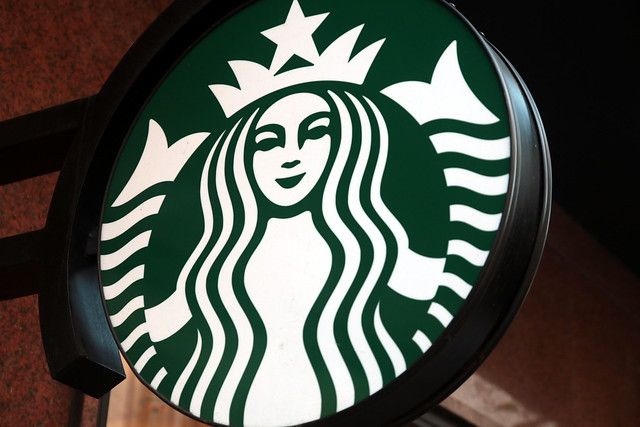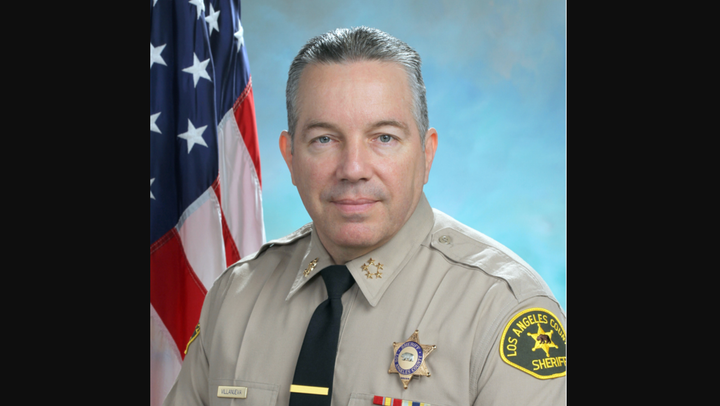US Labor Agency Rejects Starbucks' Effort To Obtain Records Of Worker Communications With Media

The following article was made possible by paid subscribers. Support independent journalism on press freedom and whistleblowers. Subscribe to The Dissenter Newsletter and get a 30-day free trial.
A judge for the National Labor Relations Board (NLRB) determined it was unlawful for Starbucks to request records of communications between unionized workers and news media organizations.
The decision [PDF] reversed a prior ruling from a United States court, which upheld subpoenas issued to 21 workers that were sought by Starbucks to help the corporation defend against allegations that they engaged in unfair labor practices against Starbucks Workers United.
Under the National Labor Relations Act, workers are guaranteed a right to form a union. They are also supposed to be protected from interference, restraint, or coercion by an employer that may be intended to prevent them from unionizing.
“[Starbucks] document requests were extensive, verbose, and sought information that could be used to determine the identities of union supporters (and detractors), their union activities, and the Union’s organizing strategy. Many requests sought the information for an extended time period and for stores nationwide, not just in the Buffalo area,” Judge Charles J. Muhl noted.
The multinational coffee chain specifically was interested in any records that would reflect how Starbucks workers in Buffalo, New York, engaged in union organizing. They tried to obtain “social media postings by employees” and Starbucks Workers United, where “unfair labor practices” were alleged; employee conversations with the Starbucks Workers United about “contacting the media and the information the employees should provide to the media”; “employees’ interviews with the media and any published media articles”; and “communications with publicly elected officials or their staffs.”
When a U.S. judge appointed by President Donald Trump allowed the subpoenas for documents and recordings on September 23, 2022, the development alarmed journalists and press freedom advocates. It effectively meant that any communications a media organization had with any of the workers would no longer be confidential.
Jon Schleuss, the president of the NewsGuild-Communications Workers of America union, accused Starbucks of “violating the First Amendment” by “trying to get access to information that is part of the news gathering process.”
It was clear that if the subpoenas were enforced that would result in an “extreme chilling effect,” as Schleuss contended. Sources involved in union organizing at Starbucks locations would be afraid of talking to reporters.
Seeking worker communications has become a regular tactic for Starbucks, as Lever News detailed in April. And a key problem for workers is that the NLRB has applied a different legal interpretation than several federal courts, meaning some subpoenas for communications have been allowed.
Buffalo is where the first Starbucks locations organized to form unions. Workers sparked a nationwide campaign that spread throughout 2021, but Starbucks has consistently engaged in union-busting tactics, including unlawfully firing workers.
On March 1, 2023, another NLRB judge issued a cease-and-desist order against Starbucks after they concluded that the corporation was responsible for “egregious and widespread misconduct demonstrating a general disregard” for Starbucks workers’ “fundamental rights.”
Starbucks was instructed to reinstate seven workers who were unlawfully fired, reopen a store in the Buffalo area that had been shut down, and compensate workers who had been “consequentially” harmed because their hours were cut or they were denied promotions.
Importantly, Starbucks was ordered to bargain with three unionized stores in Buffalo that were seeking a contract. (Starbucks appealed the decision.)
One Starbucks location in Buffalo made news on May 4, when it was reported that they had filed a petition to “decertify” from the union.
Starbucks Workers United shed some light on why this store had backed decertification.
“Almost every union leader at the store was fired or forced out because of the environment of intimidation and fear that Starbucks management created,” the union declared. “In fact, the company is currently being prosecuted for the discriminatory treatment of workers at the Del-Chip store.”
“Based on this very clear foundation of the company's aggressive and deliberate attempts to crush workplace democracy, we expect the petition to be dismissed and workers will continue fighting for justice. When Starbucks loses an election, they should learn to respect democracy, not trample it,” the union added.




Comments ()